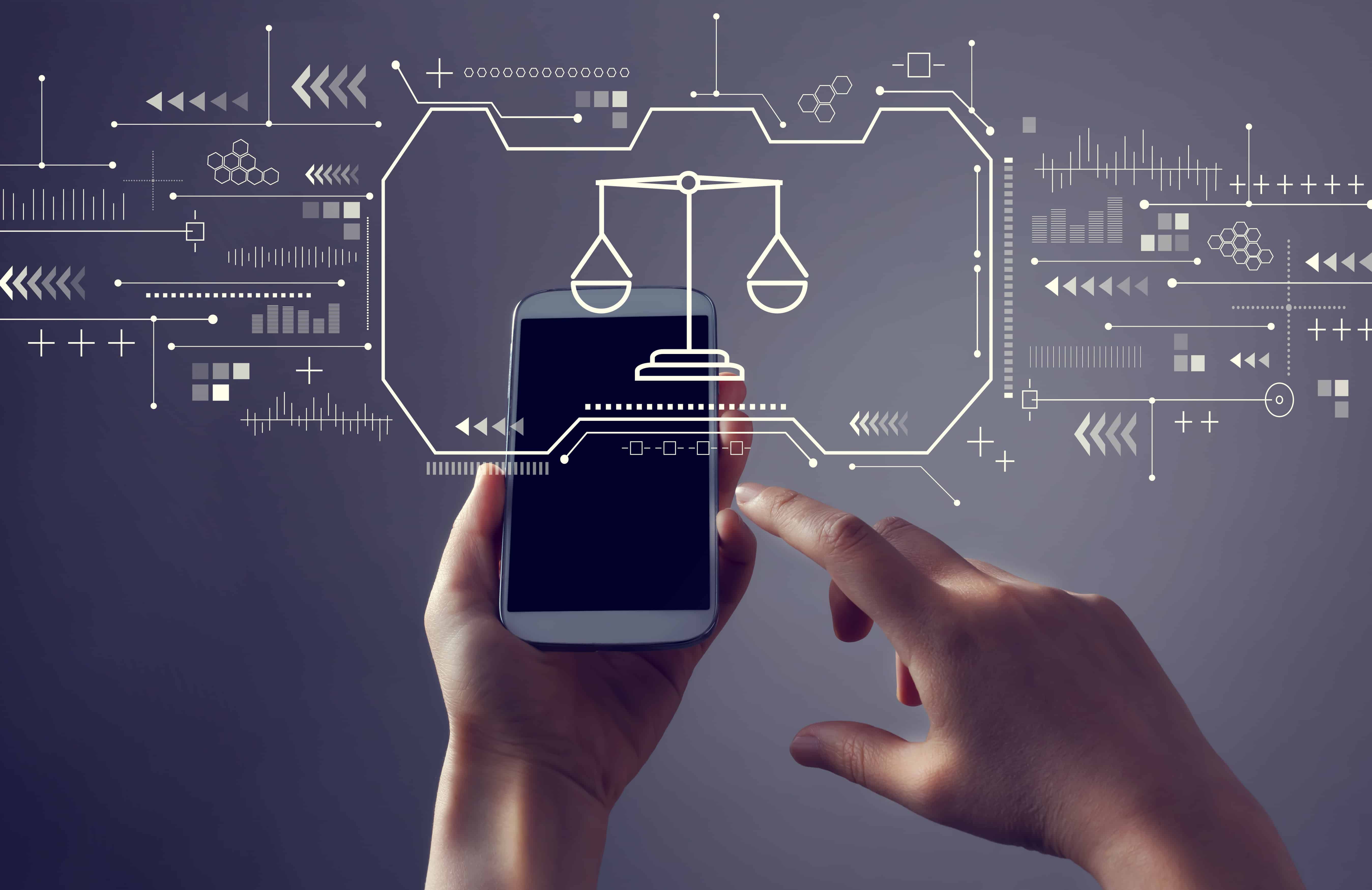
Before COVID-19, the trend toward the Virtual Office (VO) was climbing in popularity in just about every industry except legal. Other executives were seeing the benefits of virtual offices, such as overhead savings, while legal firms continued to work from prestigious suites in high rent districts.. Thanks to the pandemic, attorneys and managing partners are seeing that billable work can be accomplished with remotely located staff. Is this new realization making physical offices less attractive?
When location became irrelevant, law firms were presented with an opportunity to lower overhead significantly by giving up expensive office space and going virtual.
While there are pros and cons of becoming all or even partially virtual, solo practitioners and managing partners alike are finding the decision to embrace the Virtual Legal Office (VLO) model is not as cut and dried as it seems.
The following four advantages form the basis for VLOs’ popularity:
- Eliminating expensive rent and mortgage payments associated with physical office space.
- Dissolving the geographic boundaries to recruit top talent from anywhere in the country.
- Attracting clients outside the current jurisdiction.
- Increasing work/life balance with greater flexibility of working hours.
Attractive as these advantages are, attorneys’ ethical responsibilities to keep client information private and secure becomes more challenging when remote staff is involved. For example, staff’s home networks rarely have the security protocols in place to prevent hackers from gaining access to sensitive and valuable data. Using virtual private networks (VPNs) to secure data exchanges and instant messaging applications to communicate in real time can add a protective layer to these confidential exchanges.
In addition, it is important to require multi-factor authentication. This safeguard uses redundant security checkpoints to confirm the stated identity of each user who accesses the system. In addition, security experts recommend that law firms only enable “shared drive” access between the device originating the connection and the remote device when multi-factor authentication is operational.
VLOs can also be targeted by nefarious hackers who are capitalizing on interest in COVID-19 to send virus-relevant phishing emails with dangerous, system-compromising links. Clicking on one of these embedded links can allow the hacker remote access to your firm’s entire computing system. Often, the result is that the hacker holds your files and data “hostage” and demands ransom, sometimes hundreds of thousands of dollars, for returning your own data back to you. Educating your staff to not open suspicious emails and to alert the IT department whenever they receive one can help minimize your vulnerability.
Digital legal operations demand the utmost attention to data security to assure client confidentiality. You will likely need online privacy policies, statements and consent forms, as well as advanced technology to make those assurances.
Whether your firm is planning to return to its physical offices, looking forward to staying remote or embracing a hybrid model of both options, A 2nd Chance Bail Bonds remains at the ready to assist you and your clients around the clock. We are in our offices every day to serve you personally, and we can also process bail bonds electronically, if you prefer.







